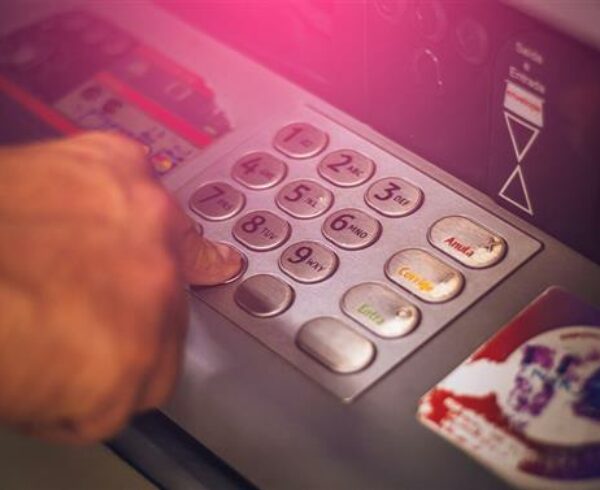The Metropolitan Police have launched their 5th edition of ‘The Little Book of Big Scams’ to raise awareness of the current types of fraud people are experiencing, and to provide advice on how to prevent the loss of your money to those intent on stealing it. Since Authorised Push Payment cases have risen by 22 per cent in the past year, CEL Solicitors are working on not only recovering lost funds but having a helping hand in reducing them in the future. You can read more about the common scam warning signs and how to avoid them, here.
Remote Access
Fraudsters will usually instruct you to download a ‘remote access tool’, likely called Anydesk or TeamViewer, where they can take control of your PC and device. This may seem like they are trying to be helpful, but never let anyone remotely access your device. Your device is full of your personal information, whether that be bank details, passwords or contact information, and the last thing you want is a criminal having access to this.
Safe Account
Your bank will NEVER set up a ‘safe’ account for you. If you receive a call from your bank advising you your account is at risk and to move your money, take down their name, department, and branch, and then hang up the call, wait one minute and call the bank from another phone, to confirm the identity.
Threatening Criminal Action
Similarly, to the bank never setting up a safe account, the likes of HMRC, the Police or the National Crime Agency will NEVER call you and threaten you with legal action ‘unless you pay x amount’. A genuine representative would not do this, simply hang up the call and again, call back the official number from a different phone.
Investment Firms
A genuine investment company will never call you. A lot of scam companies induce you to begin the investment with a ‘small deposit’ which is usually around the £250 mark. Before beginning any investment, check the Financial Conduct Authority (FCA) register at https://register.fca.org.uk. You should also check the FCA warning list to identify the list of firms to avoid. If you’re still unsure, you to take the FCA’s ScamSmart test to check if an investment opportunity could potentially be a scam.
Online Romance
If you have built a relationship with somebody online, who makes excuses as to why they can’t meet you in person, or they ask you for money to help them out with a problem, you may be being subjected to a romance scam. Don’t be convinced by their photo as it may have been taken from somewhere else on the internet; you can check a photo by using a reverse search on sites such as https://www.tineye.com or https://reverse.photos. Furthermore, you should never send money to someone you haven’t met in person.
New Car
Vehicle purchase scams are one of the most common forms of purchase scams, with fraudsters having it easy to make online ads appear convincing. When purchasing a vehicle. Always arrange to see it in person (where possible) or arrange a video call with the seller, and always ask to see the relevant documentation for the vehicle to ensure the seller has ownership. We also recommend being cautious if a seller advises you, they are using an Escrow company to process the sale, majority of times this will be because the seller is out of the UK.
“Don’t be afraid but be aware. Don’t be scared, be skeptical. And above all, remember if it sounds too good to be true, it probably is!”
Other useful sources of information on scam and scam prevention can be found here:
Action Fraud – www.actionfraud.police.uk
Cifas – www.cifas.org.uk (£25 for 2 years to protect yourself from future fraud)
Citizens Advice Bureau – https://www.citizensadvice.org.uk/
Financial Conduct Authority (FCA) – https://www.fca.org.uk/
Don’t be fooled (partnership between UK Finance and Cifas to inform students and young people) www.moneymules.co.uk
Friends Against Scams – www.friendsagainstscams.org.uk
Take Five to Stop Fraud – www.takefraud-stopfraud.org.uk
Think Jessica (charity set up to protect elderly and vulnerable people who have been scammed) – www.thinkjessica.com
I’ve already been scammed. Can I get my money back from a scam?
Here at CEL Solicitors, we specialise in recovering money lost to scammers. Whether it is an impersonation scam, investment scam, romance scam or purchase scam, we can help you get your money back. It doesn’t matter how you were targeted, be it by email, phone, text, social media or in person, support is available. So, if you’ve been scammed, speak to one of our friendly advisors today. We work on a no win, no fee basis so you’ve got nothing to lose by getting in touch. Call us on 0808 273 0900 or fill out our form.













